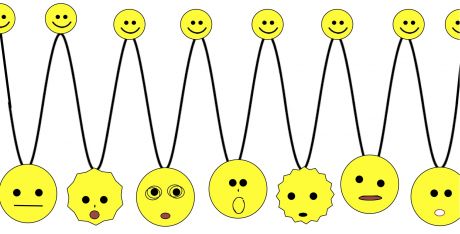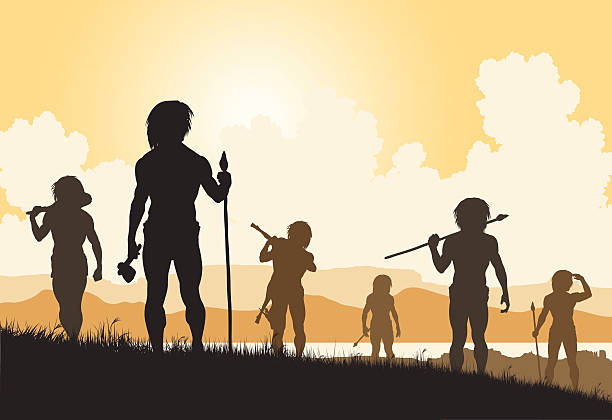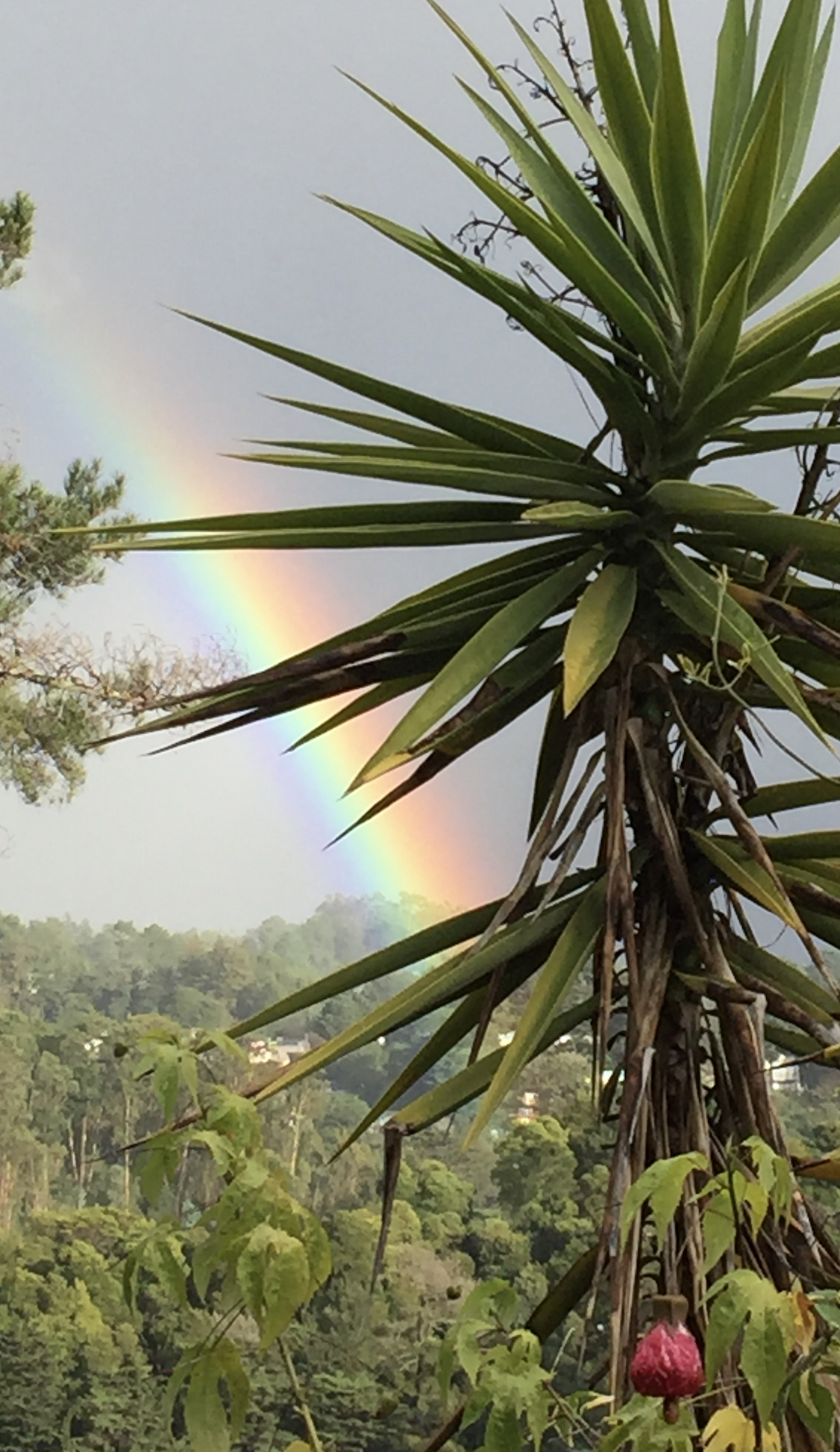
Dopamine is the great feeling you have when you anticipate something good. It motivates you to go for it by releasing your reserve tank of energy. That’s why it feels good.
It would be nice to have dopamine all the time, but it’s not meant to work that way. It evolved to alert you to new ways of meeting your needs. It stops when the opportunity is over, so you always have to do more to get more. The ups and downs of dopamine can be frustrating, but when you know what’s happening, the frustration eases.
Dopamine evolved to promote survival, not to make you feel good
It evolved to promote good decisions about where to invest your energy. We all have limited energy, even if our aspirations are unlimited. Dopamine creates a good feeling when you see that an investment of energy is likely to get a reward. Think about it from the perspective of your Stone-Age ancestors. They had to look for food constantly to survive. Imagine them hungry and exhausted when they see a hint of an oasis on the horizon. Their dopamine surges. The great feeling tells them that their needs are about to be met. This motivates them to trudge on despite their exhaustion. But is it really a lush haven or just a mirage? Their brain keeps scanning for more detail, and releasing more dopamine when the input fits past experience with oases.

You are alive today because your ancestors made good decisions about where to invest their energy. You have inherited a brain that avoids wasting energy running after mirages.
This may seem obvious, yet we are often exhorted to “get excited” about something or another. It’s helpful to remember that our ancestors did not survive by “getting excited.” They survived by taking effective action. Our brain saves the dopamine for evidence that a reward is at hand.

Why do we run after mirages at times?
Because neurons connect when dopamine flows, so whatever turned it on in your past built a neural pathway that turns it on faster today. The good feeling flows when you see something connected to the oases of your youth. You repeat behaviors linked to dopamine in your past without conscious intent.
Of course, your predictions about rewards are sometimes wrong. Your brain releases cortisol when the expected reward doesn’t appear. This helps us avoid wasting energy on mirages, but it also makes life frustrating.
It helps to remind yourself that your cortisol is a useful survival mechanism rather than an urgent threat. It’s useful to remember that dopamine evolved to promote survival, not to make you feel good. Constant dopamine would not promote survival. You’d run after everything, so your energy would be low when a good opportunity came along. Your brain is designed to make careful decisions about how you spend your limited energy.
This is a lot of harsh truth. Let’s recap:
- Dopamine is designed to promote survival, not to make you happy.
- It rewards you with a good feeling when you find a way to meet your needs.
- It defines this with neural pathways built from your past experience.
- You are always scanning for evidence of rewards and responding with dopamine.
- The good feeling stops when you get what you seek because it has already done its job.
- Your energy is limited so dopamine is there to help you invest it effectively.
Where does that leave you?
You can be happier by accepting the dopamine facts of life. You can stimulate it by taking small steps toward meeting your needs, repeatedly, You can find healthy ways to enjoy that sense of reward.
You will not enjoy dopamine every minute, but others don’t either. Realistic expectations will help you enjoy your dopamine moments instead of chasing peaks and mourning dips.
If you don’t accept the dopamine facts of life, you may keep running after mirages. You don’t do it consciously, you just let electricity flow into the pathways carved by the oases of your youth. You end up with frustration and then blame others because you are not conscious of your own neural pathways.
You have a choice
Sometimes it’s hard to notice that you have a choice. If the herd runs after a mirage, you may do the same without noticing that you had a choice. If the herd ends up frustrated and blames externals, you may do the same. But you still have a choice.
It’s hard to keep taking small steps in a world that presses you to imagine big oases. It’s hard to focus on realistic steps when you believe an effortless utopia is around the corner. It’s hard to keep up your dopamine when you don’t see visible progress.
But this is the challenge your brain is designed for. If you stay focused on your next step toward meeting your needs, you will keep sparking small squirts of dopamine. I explain how to do this in my workbook, 14 Days to Sustainable Happiness. Many free resources to help are at Inner Mammal Institute.

